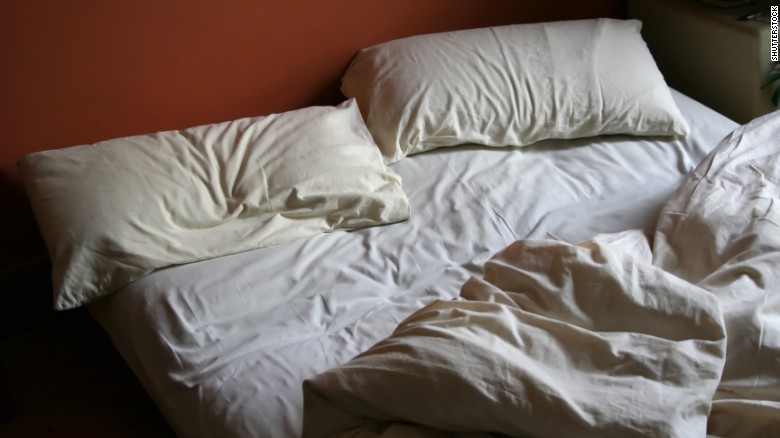In spite of all the much-talked-about benefits of adequate sleep and rest, many parents are yet to place the necessary premium on this health fact. Sleep and rest are two distinct terms.
Sleep is defined as a natural state of reduced consciousness that is necessary for physical and mental restoration.
Rest is a broader term that includes sleep, reading, meditating, staying calm or relaxed or in a state of reduced activity.
Sleep, however, is a specific type of rest that nature imposes on us for the sake of our own health and well-being.
This is why there are professionals who specialise in helping people overcome their sleep-related issues, such as insomnia.
Sleep is so important that certain countries prioritise sleep quality, duration and consistency among their populace.
Countries such as Finland, New Zealand and the Netherlands place a marked value on outdoor activities and games, prioritise work-life balance, create sleep-conducive environments and encourage the consistency of adequate sleep.
Development
The emotional and cognitive development of children is seriously impacted by sleep and the lack thereof. Adequate sleep is defined in babies under three months as a total of 14-17 hours of sleep daily; 12-16 hours among infants; 11-14 hours among toddlers (one to two years of age); 10-13 hours among preschoolers (3-5years); nine-12 hours among school-aged children (six to 12 years) and eight to 10 hours among teens (13-17years).
Sleep helps regulate hormones and repair tissues.
This is important for emotional regulation and the management of stress and irritability. Behaviour, attention and impulse control are impacted as a result of all these regulatory processes.
During sleep, the brain is refreshed for learning, memorising information and solving problems.
Lack of sufficient sleep, therefore, impacts academic performance and physical and mental health.
Routines
Consistent routines for napping and bedtime are essential for making up the needed hours of sleep.
Staying up late and observing inconsistent sleep times result in inadequate sleep.
Children must be restricted from the use of screens at least an hour before bedtime.
Television that stays on whilst children are sleeping can interfere and reduce the quality of sleep.
Bedrooms must be rid of distracting gadgets such as games to ensure children sleep and wake up on time.
Consuming soft drinks and other sugary stuff before bedtime can keep some children awake for a while before falling off eventually to asleep.
School pressures, bullying, family issues and other sources of anxiety must be dealt with promptly to ensure restful sleep.
A sleep-friendly environment devoid of noise, light and other sources of discomfort is necessary for peaceful sleep.
Screen time must be limited so that children can run around and exercise their bodies during the day.
Importance
The importance of sleep among children is emphasised in Article 27 of the United Nations Convention on the Rights of the Child (UNCRC).
It states that every child has a right to shelter or housing. Governments, therefore, have a responsibility to ensure that families have access to safe housing. Parents and guardians must further create sleep-enhancing environments.
All citizens must promote good neighbourliness by remaining sensitive to the level of noise generated, especially at night, when children and other adults recline into their beds.
Authorities who are mandated to protect the environment from noise pollution must act and clamp down on such excesses.
Sleep-deprived children can be fussy.
They can have emotional and behavioural problems that persist till there is an intervention.
Teenagers who stay on their gadgets all night long end up with all sorts of mood disturbances and an inability to concentrate on schoolwork during the day.
A stifled immune system that does not have the opportunity to develop and replenish can also result in physical health issues.
Early to bed, early to rise truly makes a man healthy, wealthy and wise.
The writer is a Child Development Expert/ Fellow at Zero-to-Three Academy, USA.
E-mail: nanaesi_19@yahoo.co.uk

